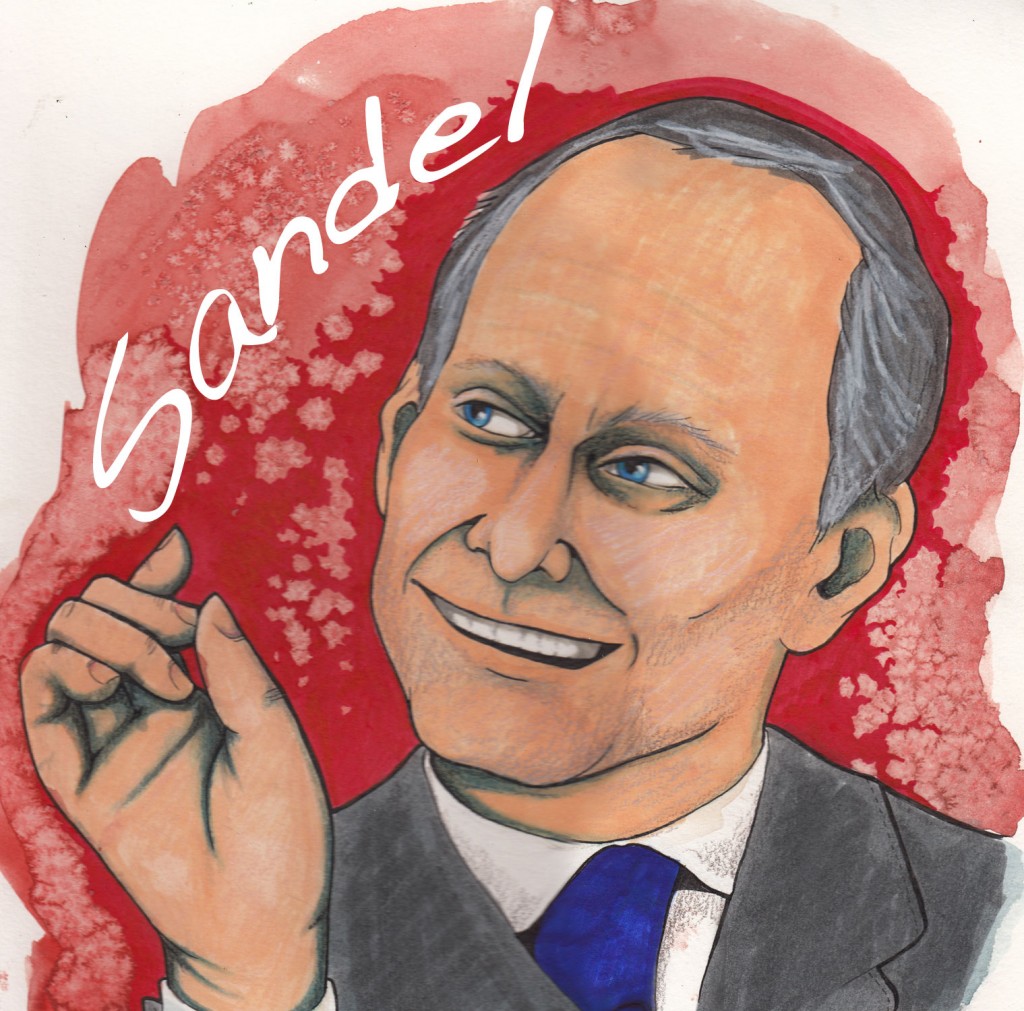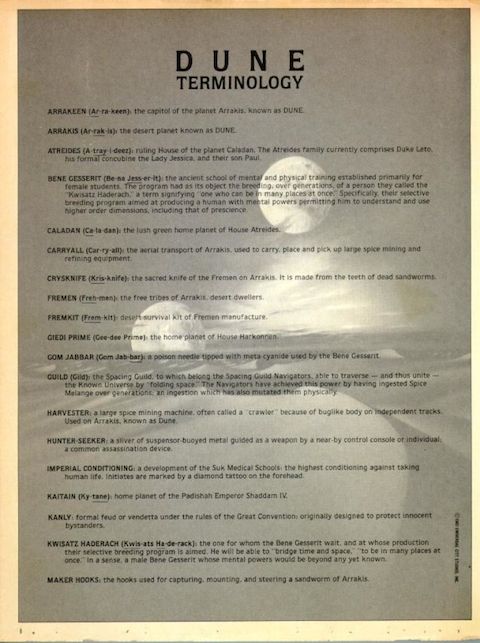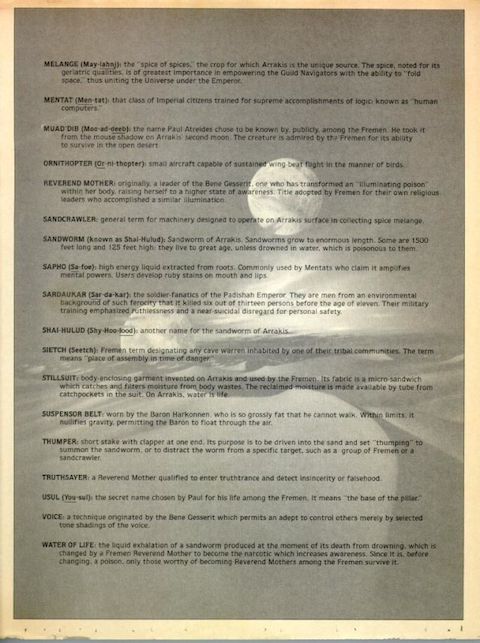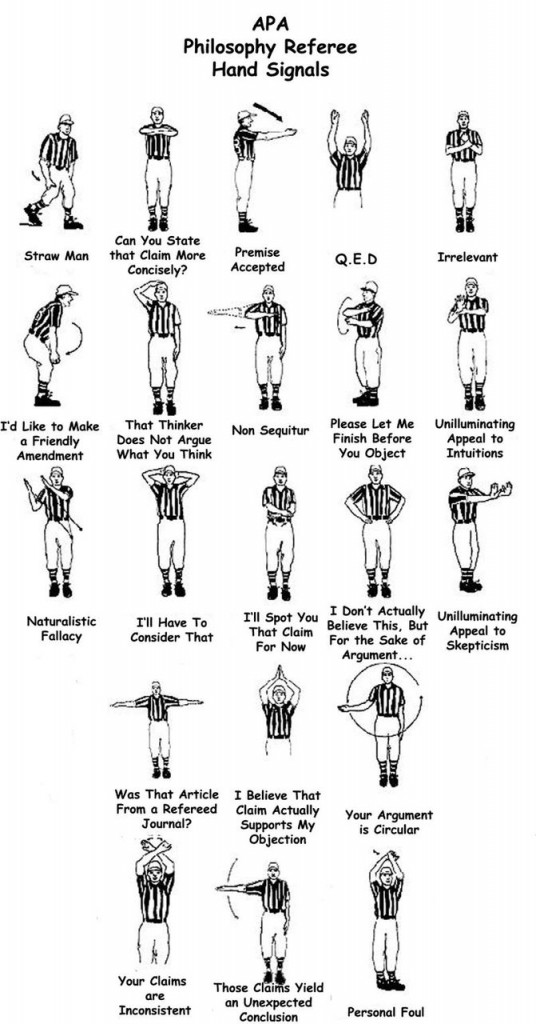Harvard professor Michael J. Sandel is one of our most famous living philosophers. His course, Justice: What’s the Right Thing to Do? (available via YouTube, iTunes, or Harvard’s web page) has been enjoyed by more than 14,000 students over 30 years, and was recently offered as a Massive Open Online Course.
In July, the Partially Examined Life philosophy podcast discussed Sandel’s first (and most academically influential) book, 1982’s Liberalism and the Limits of Justice, in which he argued that society can’t be neutral with regard to claims about what the good life amounts to. Modern liberalism (by which he means the tradition coming from John Locke focusing on rights; this includes both America’s current liberals and conservatives) acknowledges that people want different things and tries to keep government in a merely mediating role, giving people as much freedom as possible.
So what’s the alternative? Sandel thinks that public discourse shouldn’t just be about people pushing for what they want, but a dialogue about what is really good for us. He gives the famous example of the Nazis marching in Skokie. A liberal would defend free speech, even if the speech is repellent. Sandel thinks that we can acknowledge that some speech is actually pernicious, that the interests of that community’s Holocaust survivors are simply more important than the interests of those who want to spread a message of hate.
You can listen to the discussion of Sandel’s views below or at the Partially Examined Life website:
A week later, a follow-up episode brought Sandel himself onto the podcast, primarily to speak about his most recent book, What Money Can’t Buy: The Moral Limits of Markets. A more popular work, this book considers numerous examples of the market society gone amok, where everything from sex to body parts to advertising space on the side of one’s house is potentially for sale.
Sandel helped us understand the connection between this and his earlier work: In remaining neutral among competing conceptions of what’s really good for us, liberalism has made an all-too-quick peace with unfettered exchange. If two people want to make a deal, who are the rest of us to step in and stop it? Liberal thinking does justify preventing supposedly free exchanges on the grounds that they might not actually be free, e.g. one side is under undue economic pressure, not mature or fully informed, in some way coerced or incompetent. But Sandel wants to argue that some practices can be merely degrading, even if performed willingly, and that a morally neutral society doesn’t have the conceptual apparatus to formulate such a claim. Instead, as exemplified by his course on justice, Sandel thinks that moral issues need to be a part of public debate. By extension, we can’t pretend that economics is a morally neutral science that merely measures human behavior. Our emphasis on economics in public policy crowds out other positive goods like citizenship and integrity.
For additional background, listen to the Partially Examined Life’s earlier discussion of John Rawls, the father of modern liberalism who is Sandel’s main target in his discussion of liberalism. You could also watch Sandel’s lecture on Rawls from his Justice course.
Mark Linsenmayer runs the Partially Examined Life philosophy podcast and blog, which has just hit episode 100 with a special live-in-front-of-an-audience discussion of Plato’s Symposium, now available on audio or video. You can access the Partially Examined Life podcast via iTunes or the PEL web site.
Related Content:
What’s the Right Thing to Do?: Popular Harvard Course Now Online
Free Online Philosophy Courses






